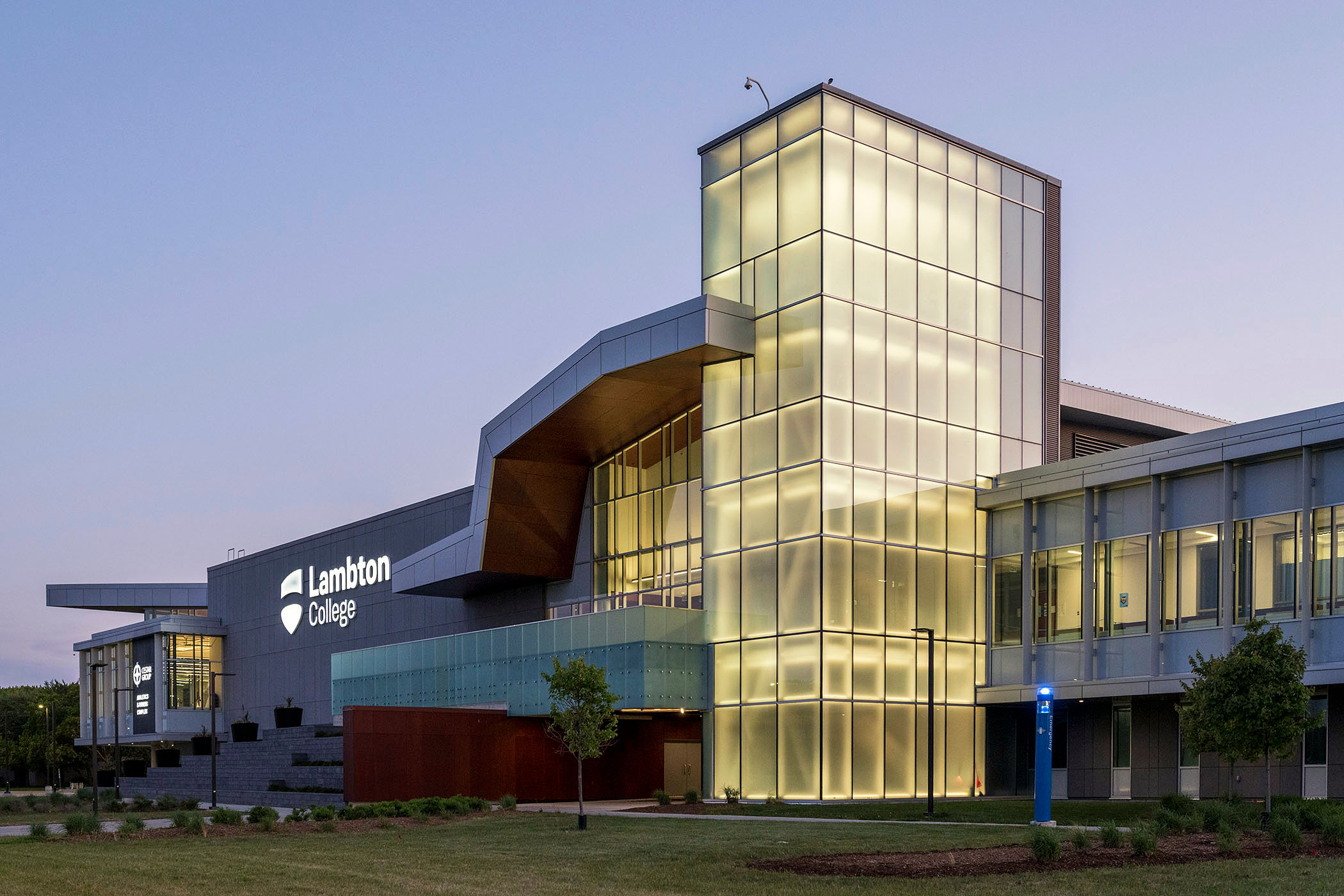THE EDUCATION SYSTEM IN CANADA
The education system in Canada is decentralized and governed individually by its ten provinces and three territories. Each province and territory is responsible for organizing and managing its own education system, resulting in slight variations across the country.
In general, the Canadian education system follows a 3-tier model comprising Elementary education (Elementary schools), Secondary education (High schools), and Post-secondary education (Colleges and Universities). Post-secondary education includes academic, technical, and vocational training at various levels.
UNDERGRADUATE COURSES AND QUALIFICATIONS
Certificate Programs
Certificate programs typically require one year of full-time study. These programs provide students with foundational skills and knowledge in specific fields, preparing them for entry-level positions or further studies.
Diploma Programs
Diploma programs generally take two to three years of full-time study and are offered by colleges and institutes of technology. They provide advanced technical and practical skills and often include work placements or internships.
Associate Degrees
Associate degrees are two-year programs focusing on a broad education in arts or sciences. These degrees often provide pathways to bachelor’s programs with transfer credits for two years of study.
Bachelor’s Degrees
Bachelor’s degree programs typically take three to four years of full-time study. Offered primarily by universities, these programs provide students with in-depth knowledge in their chosen field and prepare them for professional careers or further studies. Some programs, like engineering or co-op programs, may take longer due to additional work or internship components.
POSTGRADUATE COURSES AND QUALIFICATIONS
Postgraduate Certificate/Diploma Programs
These programs are typically one year long and designed for students who already hold a bachelor's degree. They offer specialized training in specific fields, often focusing on professional and career-oriented skills.
Master’s Degrees
Master’s degree programs in Canada require one to two years of full-time study following a bachelor’s degree. They can be research-based, coursework-based, or a combination of both. Research-based programs often include a thesis, while professional master’s degrees focus on skills for specific careers.
Doctoral (PhD) Degrees
Doctoral degrees require three to six years of study after a master’s degree. These programs emphasize original research and require candidates to produce a dissertation contributing new knowledge to their field.
OTHER PROGRAMS
Co-op Education
Canada is renowned for its co-operative (co-op) education programs, which combine academic studies with paid work experience in the student’s field of study. These programs are available at undergraduate and postgraduate levels.
Vocational and Technical Training
Many colleges and institutes in Canada offer vocational and technical training programs that prepare students for direct entry into the workforce in fields like healthcare, IT, and skilled trades.
RECOGNITION OF QUALIFICATIONS
Degrees and diplomas from Canadian institutions are globally recognized and highly regarded, making Canada an attractive destination for international students seeking quality education and strong career prospects.

